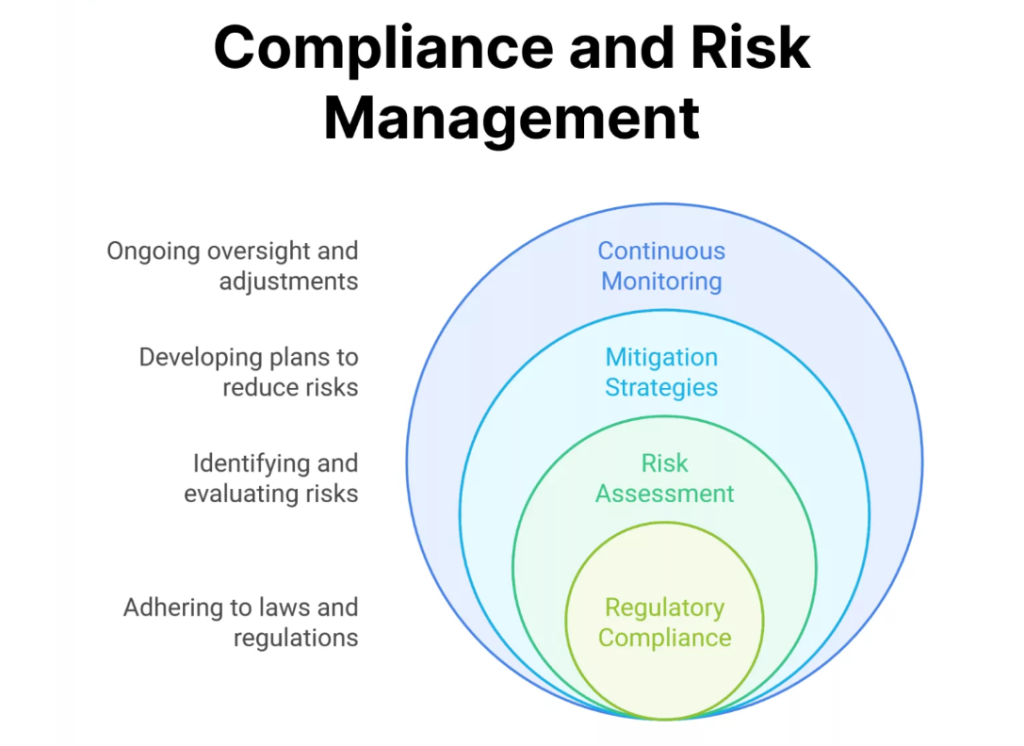Top Reasons to Invest in Professional Transportation Management System Services
In today’s highly competitive market, managing transportation efficiently is crucial for business success. A Transportation Management System Services (TMS Services)is a valuable tool that helps streamline operations, reduce costs, and improve overall service. This article will highlight the top reasons businesses should invest in a professional TMS service.

1. Cost Efficiency: Reduce Operational Expenses
A key benefit of a TMS is its ability to reduce transportation costs. Businesses can significantly lower their fuel expenses and shipping fees by optimizing routing, consolidating shipments, and selecting the most cost-effective carriers. A TMS also enables better freight auditing, ensuring companies avoid overpaying for services. Automating these tasks saves time and reduces labor costs associated with manual shipping management.

2. Improved Visibility: Real-Time Tracking
One of the main advantages of a TMS is its ability to provide real-time visibility into the movement of shipments. Businesses can monitor the status of their deliveries and track shipments across various modes of transport. This enhanced visibility ensures companies stay informed about potential delays, adjust routes as needed, and provide customers with up-to-date information. Real-time tracking improves customer satisfaction by ensuring deliveries arrive on time and as promised.

3. Route and Shipment Optimization: Increase Efficiency
TMS services are designed to optimize routes by considering various factors such as shipment weight, vehicle capacity, delivery deadlines, and traffic conditions. This leads to more efficient delivery routes, reduced fuel consumption, and faster delivery times. Optimized routing also reduces the risk of traffic-related delays and ensures better utilization of vehicle fleets. By improving efficiency, a TMS enables businesses to handle more shipments without increasing operational costs.
4. Enhanced Customer Experience: Meeting Expectations
Today’s customers expect quick, reliable deliveries. A TMS helps meet these expectations by improving delivery accuracy, speed, and consistency. With optimized routes and real-time tracking, businesses can offer shorter lead times and higher reliability. Furthermore, a TMS can improve customer communication, allowing companies to provide accurate delivery updates, minimizing surprises, and boosting customer satisfaction.

5. Scalability and Flexibility: Adapt to Growth
As businesses expand, their transportation needs grow as well. A TMS is designed to scale with your company, allowing for easy handling of increased shipments, larger fleets, and new locations. Whether managing a small fleet or a global network, a TMS can adapt to meet changing demands. Additionally, TMS services are highly flexible and can integrate with other business systems like Enterprise Resource Planning (ERP), Warehouse Management Systems (WMS), and Customer Relationship Management (CRM) tools, ensuring seamless operations across all departments.
6. Compliance and Risk Management: Stay Ahead of Regulations
The transportation industry is subject to many regulations, from local tax codes to international shipping laws. A TMS helps businesses stay compliant by automatically calculating and applying necessary tariffs, duties, and taxes. Furthermore, the system provides visibility into potential risks, such as weather-related delays or shipping disruptions, allowing businesses to proactively manage these challenges. By reducing the risk of non-compliance and mitigating potential delays, a TMS helps companies to avoid penalties and legal issues.

7. Data-Driven Insights: Make Informed Decisions
A TMS offers powerful data analytics and reporting tools that help businesses gain valuable insights into their transportation operations. By analyzing key performance indicators (KPIs) such as delivery times, shipping costs, and carrier performance, companies can identify inefficiencies and areas for improvement. These insights allow for better decision-making, helping businesses optimize transportation strategies, negotiate better contracts with carriers, and identify cost-saving opportunities.

8. Better Collaboration: Streamlined Communication
A TMS facilitates better communication between departments, carriers, and customers. By providing a centralized platform for all transportation-related information, businesses can enhance collaboration and ensure everyone involved is on the same page. This streamlined communication helps prevent errors, reduces delays, and improves the overall efficiency of the supply chain.

Conclusion: A Smart Investment for Growth
Investing in a professional TMS service can transform a business’s transportation operations. From cost savings and improved efficiency to better customer service and scalability, a TMS offers a wide range of benefits essential for companies looking to stay competitive in today’s market. By embracing a TMS, businesses can enhance their operational performance, reduce costs, and provide a superior experience for their customers.
Whether your company is just starting to grow or looking for ways to optimize existing operations, a TMS is a wise investment that can help streamline your transportation process, ensuring long-term success and growth.
Industry Insights
news via inbox
Nulla turp dis cursus. Integer liberos euismod pretium faucibua







